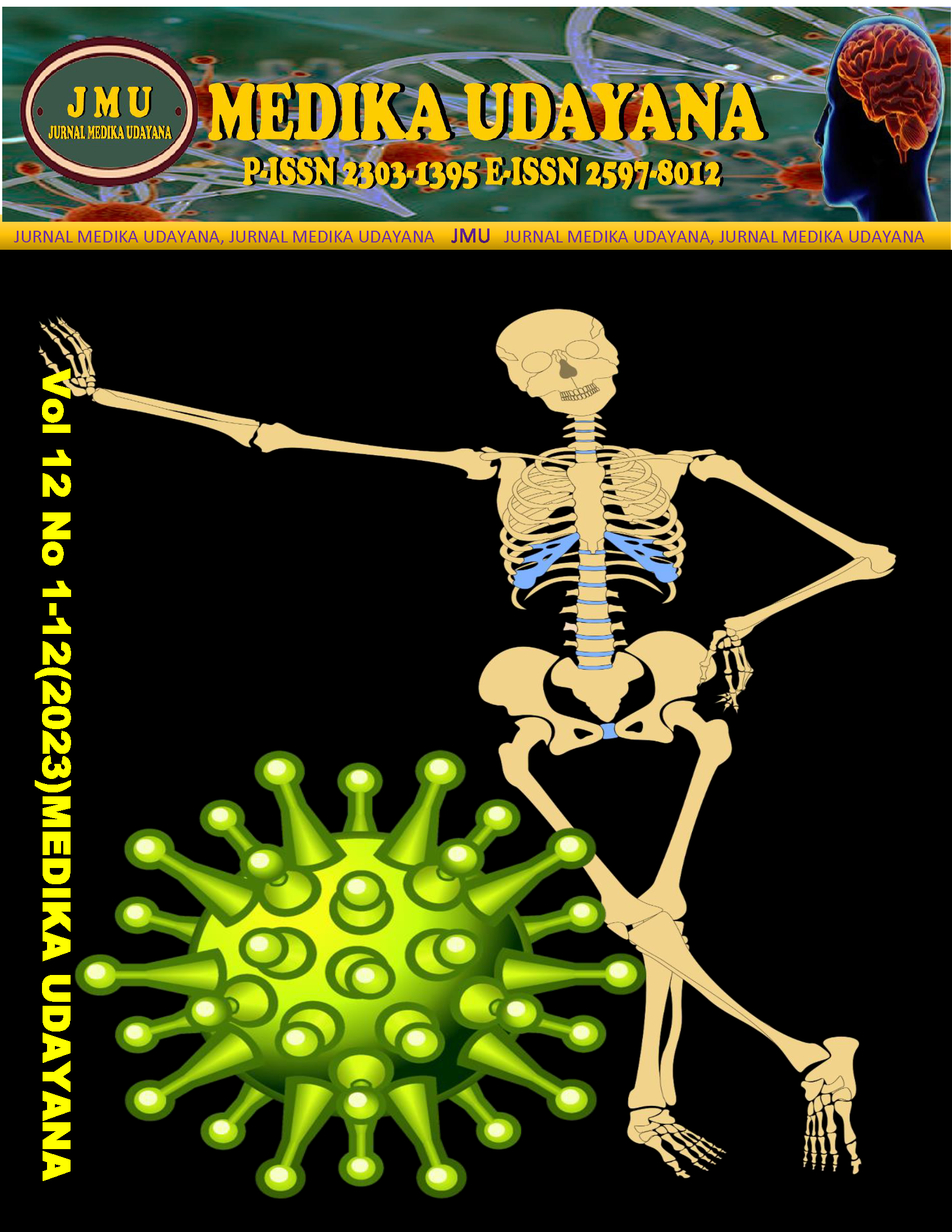UJI EFEKTIVITAS KOMBINASI EKSTRAK DAUN SIRIH HIJAU “PIPER BETLE L” DAN MADU SEBAGAI ANTIMALARIA PADA MENCIT YANG DIINFEKSI PLASMODIUM BERGHEI
Abstract
Malaria is an infectious disease caused by the parasite Plasmodium sp. transmitted by the female Anopheles mosquito vector through its bite. Patients infected with malaria worldwide in the last two decades have increased, mainly due to the emergence of strains of Plasmodium falciparum that have become resistant to antimalarial drugs. This has resulted in the emergence of efforts to find alternative medicinal plants that can overcome this problem. One of the plants that have the potential to be developed is Piper betle L, or commonly known as green betel plant. This study aims to determine the effect of green betel leaf extract (Piper betle L) and honey at doses of 50, 100, and 200 mg/kgBW as antimalarials in Balb/c mice infected with Plasmodium berghei. This study is an in vivo experimental study using the Randomized Post-test Only Controlled Group method design using 24 samples of mice which were divided into four groups, one negative control group and three treatment groups. The average degree of parasitemia in the control group was 45.51%, the treatment group at a dose of 50 mg/kgBW was 35.71%, a dose of 100 mg/kgBW was 30.96% and a dose of 200 mg/kgBW was 31.67%. Based on the results of the analysis using One Way ANOVA, it was found that the mean difference between the control and treatment groups with p value <0.001 was found. The results showed that green betel leaf extract (Piper betle L) could inhibit the growth of Plasmodium berghei by looking at the mean difference between the control group and the treatment group and obtained that the average treatment group of 100 mg/kgBW and 200 mg/kgBW were equally effective at inhibiting parasitemia levels.
Keywords : Antimalarial, Piper betle L, Degree of Parasitemia











